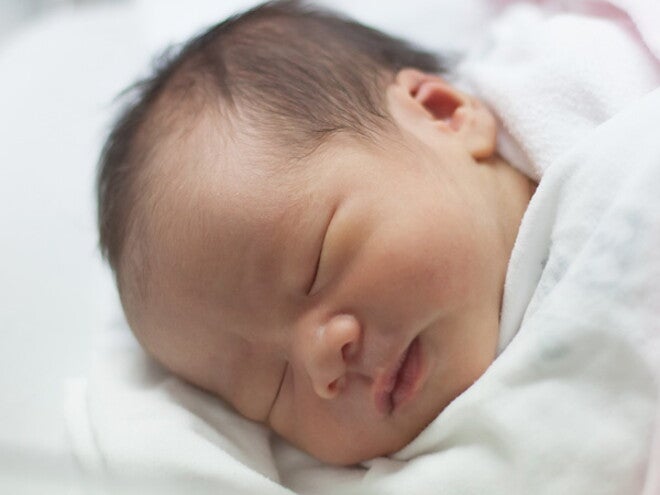
Hospital stay and going home
Hospital stay and going home
The average stay in hospital is about three days, if there are no complications. Use the time to rest and gather as much information as possible. Alternatively, you may want to consider early discharge.
Early discharge
If you and your baby are doing well and your choice is to return home within 24 hours after the delivery, it is advisable to have a midwife check on you and your baby daily for the first week. Discuss this option with your caregiver.
Advantages
- Financial saving.
- Shortens your stay, if you dislike being in hospital.
- Quick return to familiar surroundings.
- Shortens separation from your other children.
Disadvantages
- Little time for you to learn from the nurses.
- No expertise at hand in case of complications.
- You will need help with your baby’s care and the household chores.
Related articles
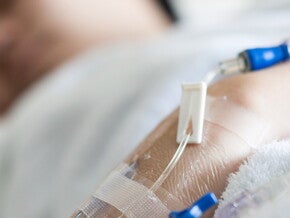
Your body
After the birth your body undergoes rapid physical and hormonal changes.
4 mins to read

Postnatal exercise progressions
Check your basic progressive exercise programme with your caregiver.
5 mins to read

Baby Thrush
Thrush is a fungal infection and can be found in your baby’s mouth, nappy area or under the chin. The fungus lives on the skin and usually causes no harm, but when conditions are favourable,&n
2 mins to read

Check-up
A general physical and gynaecological examination is advised 4–6 weeks after delivery to assess your recovery and the return of your body to its non-pregnant state.
1 min to read
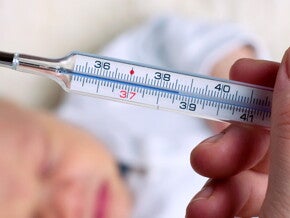
Baby’s temperature
The normal temperature of a healthy infant varies between 36–37°C. A slight rise in temperature may be due to a cold or a mild digestive upset.
5 mins to read
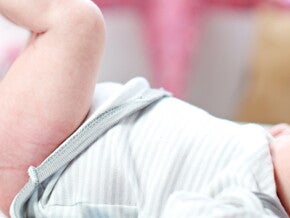
Stools
A baby’s bowels usually work within the first 24 hours after birth. The first stool, meconium, is blackish-green and sticky, with no smell.
2 mins to read

Getting baby to Sleep & fighting fatigue
Getting enough sleep during the first months of your baby’s life means adjusting to your own new sleep habits and those of your baby.
5 mins to read

The Apgar score
Apgar:
A system of evaluating a newborn’s physical condition by assigning a score (0,1, 2) to each of the following criteria:
5 mins to read
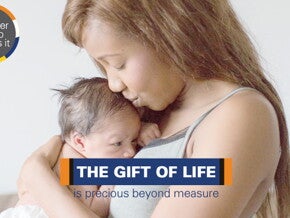
Breastfeeding Videos
A Breastfeeding experience which is enjoyable and beneficial to both mom and baby depends on a relaxed, well-nourished mother who approaches this experience positively and with confidence.&nb
5 mins to read

Foundation of life
Breastmilk is uniquely designed for each individual baby!
5 mins to read

Possible problems
If you are ever concerned about your baby’s health, behaviour or development, consult your doctor or clinic sister. It is better to be safe than sorry.
5 mins to read
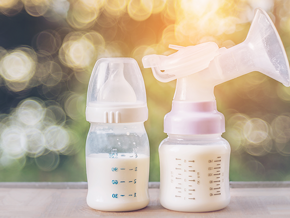
Baby bottle feeding equipment
you have decided to bottle feed your baby
1 min to read
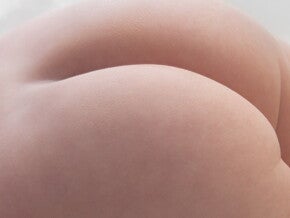
Rashes
A young baby’s skin passes through many phases, from clear to spotty (rash), to peach-like. This may be due to the transition from a protected environment in the womb to the outside world.
5 mins to read

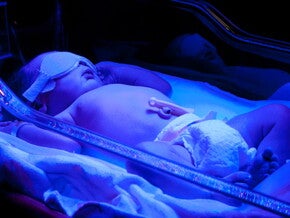

At Five Months
He starts to roll over from his tummy onto his back.
5 mins to read
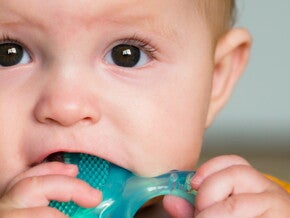
Teething
First teeth! Consult your dentist about fluoride for your child’s teeth. Until a child learns to brush his teeth, the mother must clean them for him.
5 mins to read
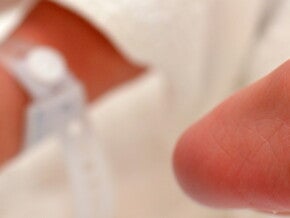
Your baby’s appearance at birth
Many parents are surprised or even alarmed at the sight of their newborn. It is important to understand that the effects of birth are usually temporary and the baby’s looks improve rapidly.
5 mins to read

Sleeping
Babies all have individual temperaments, which will affect their sleep patterns. Some are sleepy and others more alert and wakeful.
5 mins to read